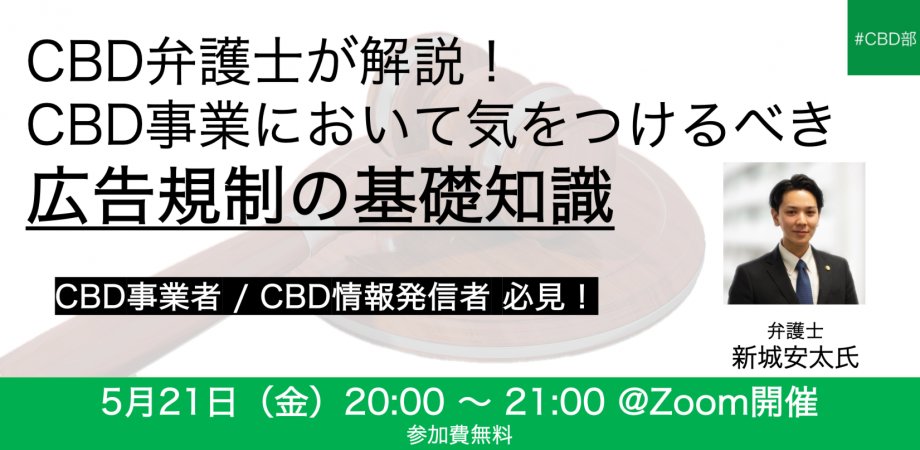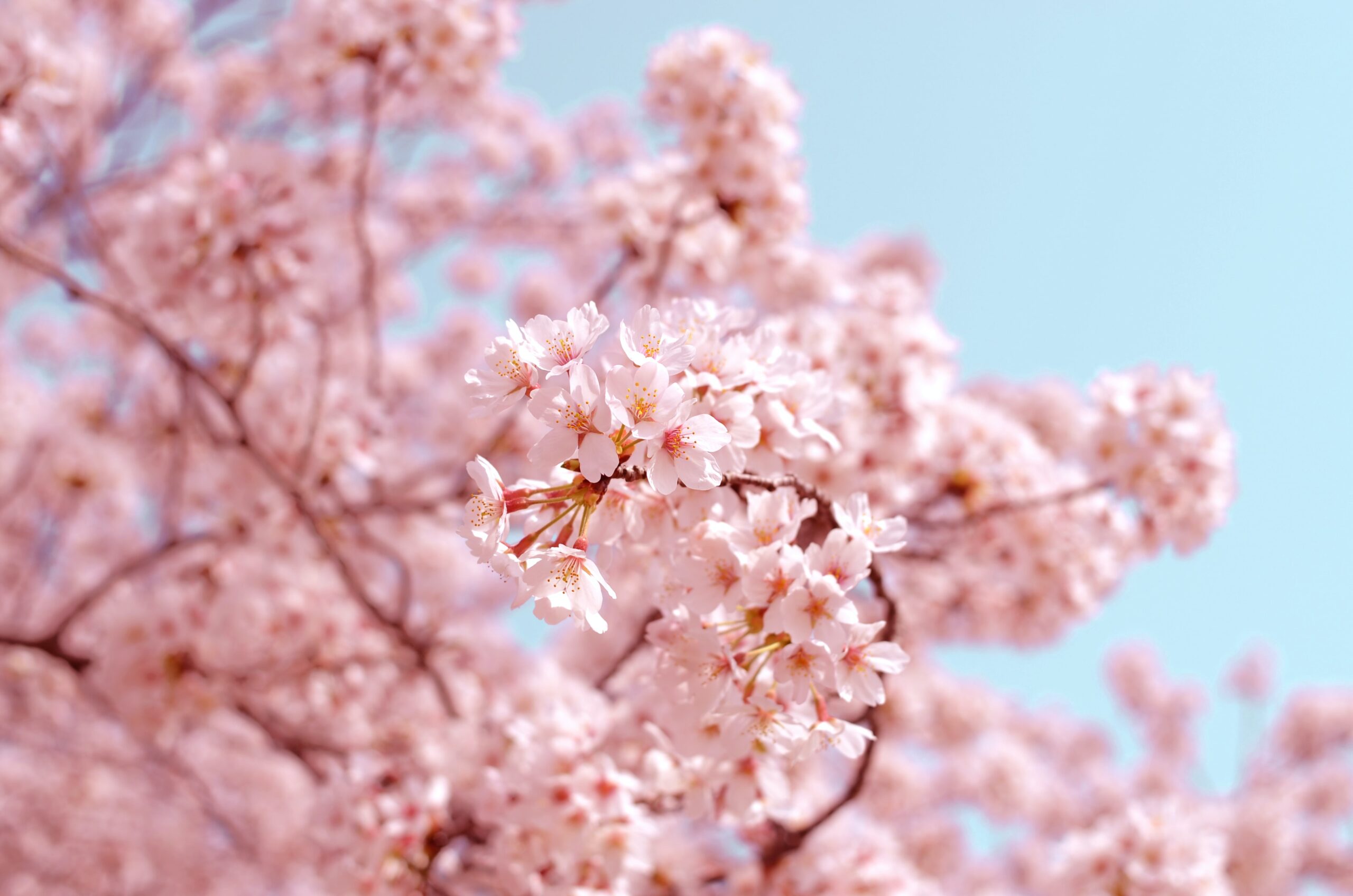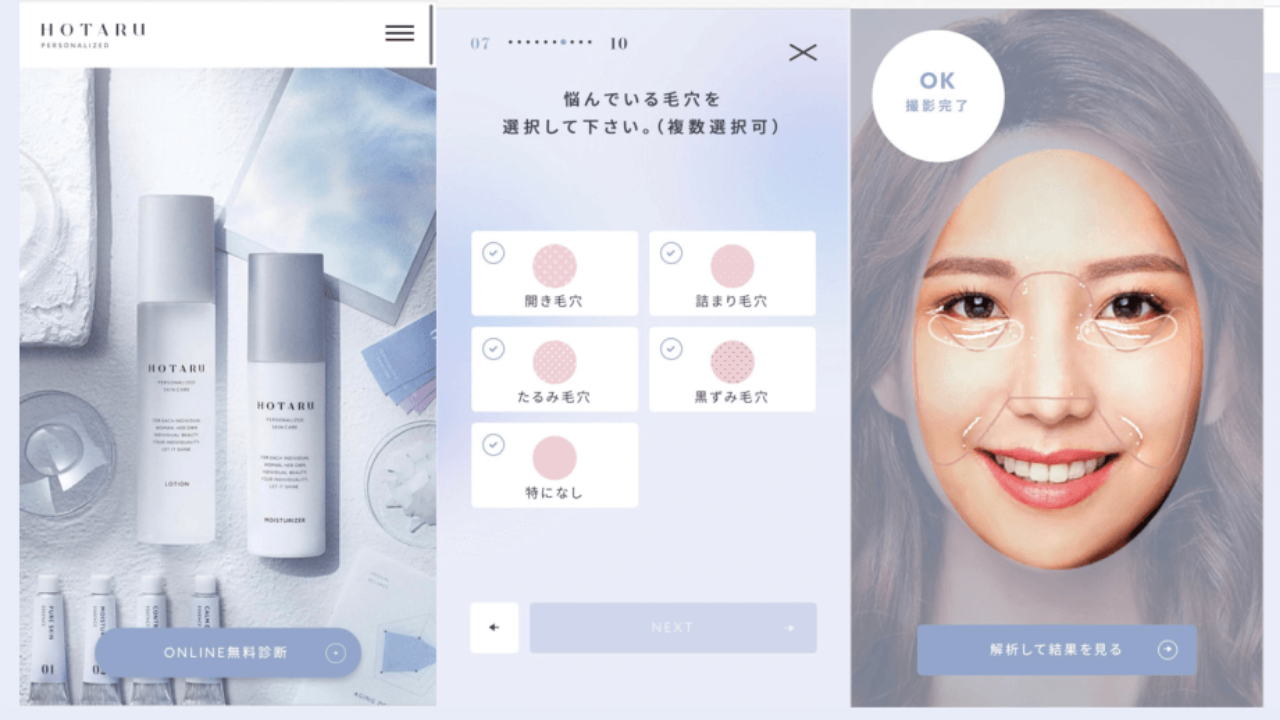 Interviews
Interviews
CBD In Japan: An In-Depth Discussion with Japanese CBD…
By Ken Masuno and Alexander Brown

The reform of Japanese CBD law and potential relaxation of restrictions feels ever-tantalisingly close around the corner, having undergone multiple setbacks in the past year. In this environment, many global companies are looking to Japan as a promising new market to expand their CBD sales, considering it as a gateway to other economies such as China and South Korea.
While the future for CBD in Japan is promising, the situation remains foggy. To better understand the complexities of CBD regulation in Japan, what its future may look like, and how this will impact foreign businesses looking to enter the market, Tokyoesque’s Ken Masuno sat down with Japanese CBD lawyer Yasuta Arashiro, gaining insights on the Japanese CBD market.
In the 1st part of this 2-part interview series from March 2023, Mr Arashiro paints a picture of the Japanese CBD market, explaining Japan’s existing regulations on CBD, and what the relaxation of these regulations may mean for foreign companies interested in the Japanese market.
Ken Masuno (KM): Thank you for your time today.
Yasuta Arashiro (YA): Thank you for having me.
KM: This time, Tokyoesque would like to ask you some questions about the current and future state of the Japanese CBD industry in general, in light of recent deregulation movements.
YA: I’m looking forward to it.
KM: First of all, please give us a brief self-introduction, and let us know why you started dealing with CBD, and if there were any particular case studies that triggered your interest in it.
YA: Sure. To begin, my name is Yasuta Arashiro, and I am a lawyer at Ci Sei Law Firm, a law firm in Kasumigaseki, Tokyo. My main areas of practice are medicine, e-commerce and advertising. I have been involved in the CBD area for about three years. While there are not many lawyers specialising in CBD in Japan, I have been involved in it through presenting at academic conferences and my interactions with various related organisations.
I was using a CBD vape in Japan during the COVID-19 pandemic, until I heard that it contains ingredients derived from cannabis. Being a lawyer, this made me uneasy, as if a lawyer were found to be smoking cannabis they would lose their licence to practise law. So, I did my own research and found that there were no thorough explanations written by lawyers or legal experts – simply that it was legal, which still made me feel a little uneasy. I researched and found that it seemed to be okay after all, and also that the global market was expanding.
At that time, the Japanese Ministry of Health, Labour and Welfare (MHLW) was preparing to hold a panel to consider whether the Cannabis Control Act should be changed in the future. This made me consider that perhaps the global trend of CBD would come to Japan, and the amendment of the law would make it easier to distribute it here. I thought that there might be a chance for me to be active as a lawyer in this field, so I started to get involved in CBD. So, that was my starting point.
KM: Thank you very much. So at the beginning, you were interested as a user, but found there was nothing online, and discovered a new genre of sorts. It’s like what we often say in our industry, ‘find your niche’ – I get the feeling that you have found your niche industry.
KM: CBD products have been available in Japan since around 2016, and CBD has developed a presence in the Japanese market. You started to get involved in the last few years, and have been able to see CBD first-hand from the perspective of Japanese law as a leading expert in the field. Can you tell us how the number of related cases and enquiries you’ve received have changed in the past few years?
YA: Of course. When I first started working with the firm, I was in rather constant demand. There was a trending belief that legal reform was coming in the next two years and that CBD was up-and-coming, and there were no lawyers who were involved in the field. In that sense, the number of enquiries was quite high.
In terms of the number of enquiries, on average we received about 10 leads per month via social networking and our website, of which some materialised into actual projects. We also held free online seminars for CBD business operators. There were a total of three online seminars, all of which had as many as 150 participants, so I think that was a time when there were really a lot of people interested in CBD.

At that time, our enquiries mostly came from sole business operators or small businesses, but in the following year, we started to receive more from health-food companies that were looking to add CBD products to their ranges on e-commerce platforms We also got legal risk enquiries from major companies who wanted to handle CBD, but were still wary of it, at which point I really got the impression that our enquiry base had changed.
This was likely in part because the continuing discussion around legal reform reassured people’s anxieties about CBD, and because it began to be publicly featured in magazines and so on. Through this it gained recognition among the wellness healthcare audience – people who are highly health-conscious. The increasing number of celebrities and other popular figures using CBD here and there also affected people’s awareness.
Also, I think we’ll discuss this later, but the number of enquiries we have been receiving has dropped off quite dramatically this year. I will talk about this later, but I believe it is because of the postponement of the amendment of the Cannabis Control Act, which was scheduled for April this year, and also because the number of CBD businesses has increased so much that there is a bit of competition and they are eating into each other.
I have a hypothesis that the demand for CBD itself has not caught up with the demand from the consumer side, but the fact is that recently, I have been receiving one to two requests a month from CBD business operators and those who want to start a CBD business in Japan or are interested in CBD business. The number of cases is about one-tenth of the peak mentioned prior, but I personally expect that this number will gradually recover as the law is amended.

KM: Thank you very much. Do you get many enquiries from overseas companies hoping to sell their products in Japan? Or perhaps more from Japanese business operators? Can you tell us about this?
YA: Most of our projects come from people living in Japan who want to buy raw materials domestically and make original products here. The next most common are from those wanting to bring foreign brands to Japan, who often state that they’ve been offered a particular partnership, but don’t know how or if they are able to sell their products in Japan (or how to import them). It’s not that there are no cases where we receive enquiries directly from overseas, but to be honest, they’re quite rare.
To give examples, I have received enquiries from companies in China, Spain, the United Kingdom, and the USA, including 3 companies from California.
KM: Thank you. When I look at the websites of companies that are already operating in Japan, their main products are usually oils or supplementary capsules and tablets for personal use.
For example, some of the companies we have received enquiries from have edible gummies or products which you apply directly to the skin, but what kind of products are there in Japan? Are there any regulations in Japan regarding the types of CBD products that can be sold?
YA: In short, there are no regulations regarding the types of CBD products that can be sold in Japan. Indeed, there are no regulations on CBD itself, except from the Cannabis Control Act. In Japan, products that are classified as food can be sold even if they contain CBD as long as they comply with food regulations. For products applied to the skin, if they are classified as cosmetics there is no problem even if they contain CBD, as long as they are properly manufactured and sold in licensed factories.
There are also vape products and even clothes made containing CBD, but these products are generally permitted to be handled as miscellaneous goods in Japan, and there are currently no restrictions on whether they contain CBD or not. So, there are no regulations in Japan on whether or not CBD can or cannot be put into certain types of products.

KM: Thank you. Deregulation was scheduled for Spring this year, but it has been postponed due to various political developments in Japan. As you mentioned, you saw an increase in projects as part of the trend of believing that “deregulation will happen, then it will be easier to do business“, but now it has been postponed. How does this impact the CBD market in Japan and do you know roughly until when the decision on deregulation will be postponed?
YA: First of all, some may not know about the current regulations or how they were supposed to be changed, so I will briefly explain what the current regulations in Japan are.
In Japan, the Cannabis Control Law regulates the cannabis plant itself, focusing on the parts of the plant such as the leaves, stems, flowers and so on. The only parts of the cannabis plant that aren’t regulated are the stems and seeds, which are not legally considered cannabis. In Japan, regulations do not focus on the CBD or THC in cannabis, but only on which parts of the plant the CBD is extracted from, which means that CBD taken from the leaves is actually illegal. As such, the only type of CBD allowed to be distributed in Japan is that extracted from stems and seeds.
However, as some may be well aware, stems are usually fibrous, so they do not contain much CBD – as one of the active ingredients of cannabis. In Japan, the stems are used in traditional Shinto rituals and are considered to be quite important, but they generally do not contain any active ingredients. If you really want to extract CBD from the stems, it’s quite inefficient.
So, when importing CBD in Japan, a certificate is required saying that it was extracted from the stems, or a document that proves the production process, showing how the CBD was extracted. However, since this is done abroad, it is not always clear whether or not the product has really been extracted from the stems. It has been felt that this current situation is ‘strange’ and ‘illogical’, and so deregulation of the process came into view.
The deregulation will focus on regulating THC as an ingredient, instead of the parts of the marijuana plant. As such, CBD in Japan will be deregulated in such a way that the ingredient itself will become a properly recognised ingredient in the future. So, as long as it does not contain THC, CBD will not be subject to regulation even if its taken from the most commonly harvested parts of the cannabis plant, such as the resin and parts of the flower.
The restrictions and processes mentioned earlier are quite unusual for overseas companies, and it is very difficult to produce the certificates/produce CBD from cannabis stems. In the first place, it is common for farmers to say that they “don’t bother taking it from the stems” or “throw [them] away”. It is difficult for them to adapt to this, and there is also the issue that the raw materials tend to be relatively expensive.
There have indeed been many people who, even with high quality cannabis plants or products that were well-prepared for the market, did not take the trouble to adapt their processes for the Japanese market, as the import procedures were troublesome and complicated for farmers. However, it is thought that by having regulations focus on ingredient compounds, import procedures will become easier to document, so this is expected to make it easier to export and import to Japan.
Under current Japanese law, CBD is still considered strictly illegal if extracted from the leaves or flowers of the cannabis plant. This has been a huge compliance risk for large, listed companies, leaving them unable to enter the market. The prospect of CBD being able to be extracted from any part of the cannabis plant is seen as very positive for major companies considering entry. So, considering what current CBD regulations are like, what deregulation will do, and the impact it is going to have, such positive effects can be expected.
As you mentioned earlier, deregulation has been postponed. Today is the 17th of May 2023, and it was actually scheduled to be submitted to and passed by the Japanese Parliament in April 2023, when the ordinary Diet session was to be held to make the law. It has been confirmed that the law will not be submitted in this parliamentary session. There is an extraordinary session of the Diet in Autumn, so it is scheduled to meet in October. There was talk that it might be submitted there, but I discovered in an interview with someone from the MHLW that this has been officially postponed as well.

Text reads (top to bottom): “Is it true that a drug containing CBD as its main ingredient will be legalised?”
“I will introduce how the law will be amended.”
So, people are talking about when exactly it will be extended and for how long, but to be honest, the people in the MHLW are not sure about anything definite. However, from gathering various information on my part, the Ministry is probably aiming to pass a law within 2024. Therefore, although it’s not concrete, I think that the MHLW is aiming to pass the law in the Diet in April or September next year, and to have it ready for implementation around the year after that.
Apologies for speaking at length, but basically, the impact of this postponement on the market is that all the positive factors that I mentioned earlier will be lost. So import restrictions will still be cumbersome, and deregulation, which was the goal for foreign companies to enter the Japanese market, has been postponed, so their expansion will also be put back.
Furthermore, large companies will have been developing products in anticipation of deregulation, but their official launch dates will be shifted, and other new products will be released in their stead. The enthusiasm for CBD is gradually decreasing, and the future of the market is still uncertain.
Other negative impacts include that big companies will lose their motive to enter the market, and foreign companies will be slow to do so. So, I think these are some of the effects of the postponement of deregulation.
KM: Thank you very much. Many of the companies that come to us are very interested in the Japanese market, but don’t really know about the system where only certain parts of the plant can be used. Hearing this, some companies are very surprised.
To read on to the 2nd part where Mr Arashiro dives into the barriers facing foreign companies in the Japanese CBD market, click here.
Biography: Yasuta Arashiro
Yasuta Arashiro is a Japanese lawyer at Ci Sei Law Firm in Tokyo, specialising in medicine, e-commerce, advertising and CBD in Japan. Having gotten involved in CBD law around 3 years ago, he has quickly become a leading expert in the field, and continues to keep on top of the latest developments in the Japanese CBD space. You can visit his website here, or follow him on Twitter here.
Don’t miss out – read the 2nd part of this two part interview series here.
If you’re looking to take your CBD business to Japan, why not discuss your needs and pain points with us in a 30 minute consultation at no cost? Contact Tokyoesque.
We’ll be adding more Japanese CBD industry-related articles on Japan in the future, so keep checking back or follow us on LinkedIn, Facebook or Twitter to get notified about our latest posts!









